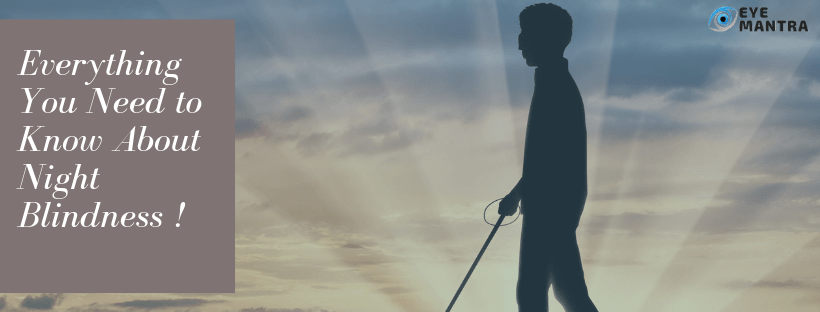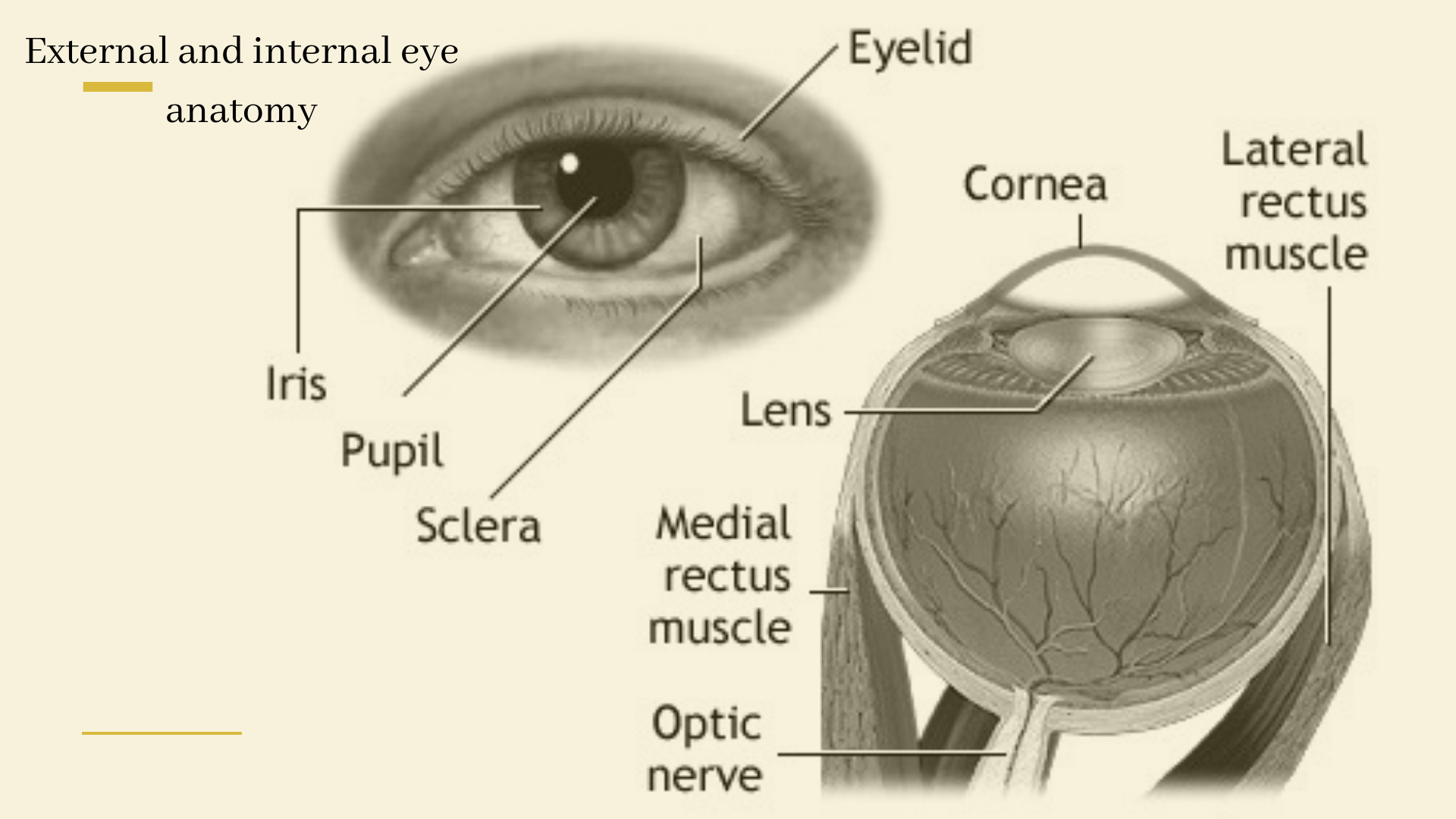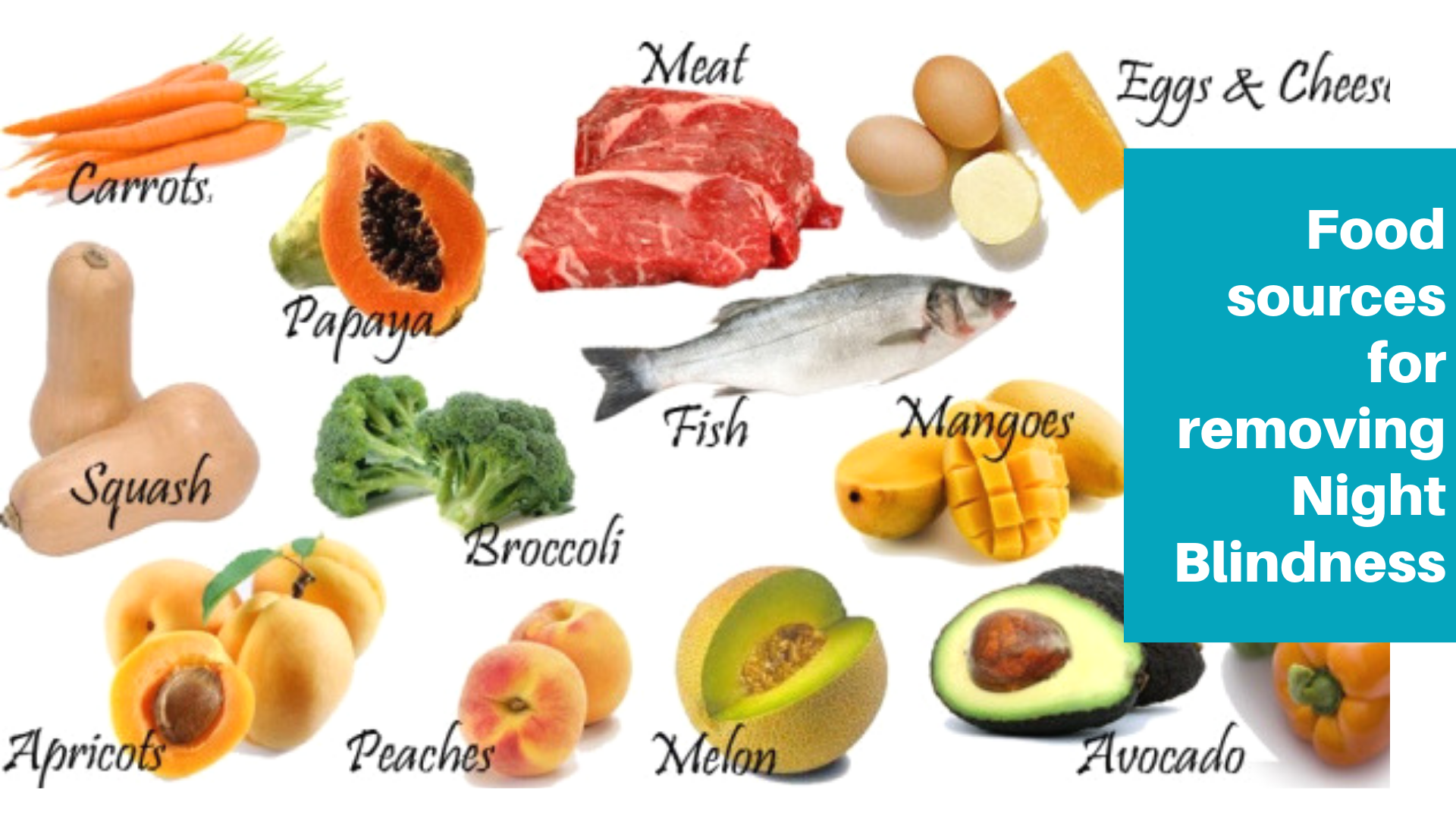Contents
What Is Night Blindness?
Night blindness (Nyctalopia) is the failure to see properly at night or in a bad light. It’s not a disease but a severe retina problem is very common among people. It is normal for a patient who is suffering from myopic difficulty. This is not a retinal disease but an optical issue.
It is a kind of vision impairment. People with night blindness feel poor vision at night or in dimly illuminated surroundings. Blindness and night blindness are very different. Night blindness is the outcome of a vitamin A deficiency and it is reversible and curable.
Few kinds of night blindness are treatable while other kinds aren’t. See your doctor to discover the main cause of your vision impairment. Once you understand the cause of the difficulty, you can take measures to correct your vision.
For getting this problem correct one should visit the best eye hospital in Delhi.
Causes of night blindness
The problem arises from a disorder of the cells in your retina that enable you to see a dim light. It has multiple causes:
- Cataracts where the lens converts cloudy thereby decreasing the power of light passing by it and ultimately hindering the light fully this causes blindness.
- In Myopia with uncorrected spectacles, contact lenses or refractive surgery diminishes the capacity to see at night due to the elongation of the eyeball and breakdown of the lens to offset this causes blindness.
- Drugs like the one used for glaucoma which tightens the pupil and hence restricts the volume of light penetrating the eye.
- In some cases, a side effect of LASIK surgery is impaired night vision and the presence of halos around lights. There is an examination to decide the possibility of this happening before experiencing LASIK.
- Lack of Vitamin A is an unusual cause of night blindness counter to be a common belief. As described the deficiency means that rhodopsin, the colour in rods, cannot be renewed. Have proper eye nutrition for having a correct eye vision.
- Diabetes is another a greater cause of blindness. If its which is poorly controlled can lead to diabetic retinopathy. In this situation, the retina becomes diseased as an end of damage to the little capillaries providing it.
- Zinc deficiency causes blindness. Zinc is a vital co-nutrients for the eyes to be capable to uptake Vitamin A.
- Moreover, more sunlight exposure can also damage the retina, pointing to reduced night vision.
Symptoms & signs of night blindness
There are numerous symptoms which show that its a sign of night-blindness :
- Headaches
- Pain in eye
- Nausea
- Blurry and cloudy vision
- Sensitivity to light
- Trouble in viewing into the distance
- Moving in the house in the dim light is a challenge
- Driving at night very difficult
- Tricky to identify faces in dim light
- It takes an abnormally long time to set to lightroom after being in the dark.
- Also, difficulty and take a long time to see in a darkened room after being in the light.
Risk factors Associated
Nutrients
- Zinc Element
Zinc is needed to carry vitamin A from the liver to the retina. Also, zinc supplementation, particularly in those who are lacking, should aid enhance night vision.
- Vitamin A Element
Night blindness is usually caused by a deficiency in vitamin A. It is estimated one of the leading signs of vitamin A deficiency.
Organ Health
- Liver Detoxification
Decreased night vision can be connected to a variety of diseases caused by an impaired liver function which in shift decreases vitamin A metabolism.
Eyes
- Macular Degeneration
- Retinitis Pigmentosa
It results in visible rods being killed early in the course of the disease, appearing in night blindness. Night blindness in children is an early sign of retinitis pigmentosa.
Diagnosis
Some cases of night blindness are treatable while others are not, depending upon the reason for the onset of the disease. Despite the reason, sufferers should directly visit an eye ophthalmologist who will do the diagnosis.
- History:
The surgeon will ask for the problem in vision and then question about various features of the condition like – Progression, duration, nutrition, records of eye surgery and many more. - Eye Examination: A night blindness test includes a detailed eye testing. Eye testings involve the following:
- Inspections to estimate optical sharpness, pupillary light reflex and the capacity to view colours.
- A refraction test to check the prescription for spectacles or contact lenses.
- To know structural anomalies in the front of the eye the Slit Lamp Examination is conducted. The front part includes conjunctiva, cornea, eyelids, iris, lens, and sclera.
- Using an ophthalmoscope to examine for if any injury to the structures at the end of the eye, the choroid, retina, vitreous, optic nerve and retinal detachment. This exam is called Retinal Examination.
- Other Tests
The doctor even can ask for an Electroretinogram. It measures the answers of rods and cones to light. Visual field examinations can be performed to rule out the chance of other conditions like glaucoma or brain stroke.
Treatment of night blindness
- Usually, the treatment for bad night vision includes directly operating the underlying condition that is creating night blindness.
- Myopia will is put under check by the method of vision correction glasses or contact lenses.
- Cataract surgery is an easy procedure that eliminates the cloudiness on the eye lens and enhances eyesight and decreases night blindness.
- Some drugs may induce night blindness such as Quinidine should be substituted with the other drug.
- The situation is constant and permanent for individuals who have a birth injury as there is no remedy for the same.
- Those experiencing from Vitamin A Deficiency should add foods sources rich in vitamin A.
Prevention tips
- Suitably monitor your blood sugar levels.
- Eat a balanced diet to eliminate night blindness likely.
- Consume foods rich in antioxidants, vitamins, and minerals. This will help to prevent cataracts and eliminates the part of cataract surgery. Plus, choose foods that include high levels of vitamin A to decrease your chance of night blindness.
- Some orange-coloured food sources are great sources of Vitamin A.
- Cantaloupes
- Sweet potatoes
- Carrots
- Pumpkins
- Butternut squash
- Mangoes
- Papaya
- Proper eye check-ups with an ophthalmologist.
Herbal Treatment
Herbals which may enhance night vision include:
- Bilberry
- Blueberry
- Dandelion
- Eyebright
- Matrimony vine berries
- Passionflower
- Queen Anne’s lace
- Rose flower eyewash
- Yellow dock leaves
Conclusion
If you have night blindness, you must take cares to keep yourself and others safe. Stop from driving at night as much as likely until the cause of your night blindness is defined. Effective therapy can significantly enhance vision at night, as well as eliminate the additional symptoms of the underlying disease causing it.
Wearing sunglasses or a brimmed hat can assist decrease the night blindness created problem.
For any bits of advice relating night, blindness does contact our ophthalmologist. They will suggest best for you. For advice and queries visit or website Eyemantra. We also offer various services like Retina Surgery, Specs Removal, Cataract Surgery, and many more.
To book an appointment call at +91-8851044355. Or mail us at eyemantra1@gmail.com.
Related Articles:
Do’s and Dont’s for protecting your eyes while playing holi
Convergence Exercises: Symptoms of Insufficiency & Treatment



